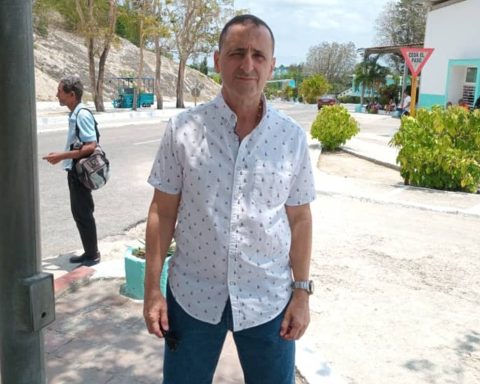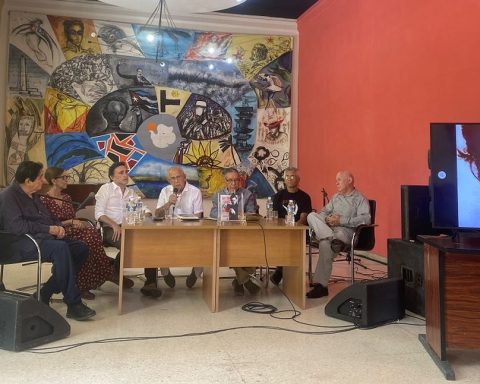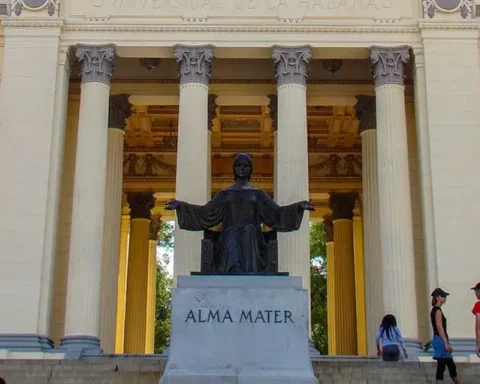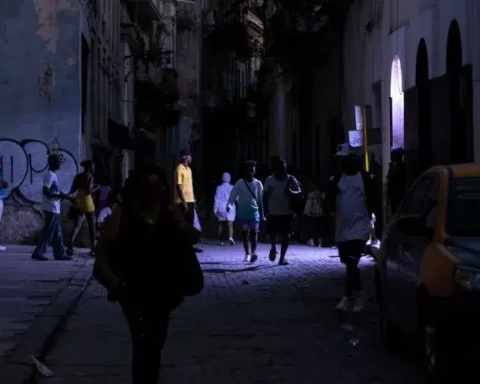MIAMI, United States. — On March 26, 2012, Pope Emeritus Benedict XVI began what would be his only visit to Cubawhere he brought a message in favor of reconciliation between Cubans and fundamental freedoms.
It was the second visit to the island by the Vatican head of state since Fidel Castro’s regime came to power on January 1, 1959.
Although the visit of Benedict XVI to Cuba did not generate the expectation of the one carried out in 1998 by his predecessor, John Paul II, the German pope did not miss the opportunity to send his message of freedom to the Cubans, who, despite the departure of Fidel Castro’s power, they continued —and continue to be— submitted to the designs of the totalitarian doctrine.
“I carry in my heart the just aspirations and legitimate wishes of all Cubans, wherever they are,” said Joseph Ratzinger after Raúl Castro’s welcome speech.
At that time, Benedict XVI welcomed the “reforms” promoted by the youngest of the Castro brothers, who had come to power in 2006.
“I am convinced that Cuba, at this special moment in its history, is looking to tomorrow, and for this it is striving to renew and broaden its horizons,” Ratzinger said on that occasion.
In his first mass, Benedict XVI called on Cubans to invigorate their faith and fight “to build an open and renewed society, a better society, more worthy of man” with the weapons of “peace, forgiveness and understanding ”.
In the second, he reaffirmed his message of reconciliation by asking that “Cuba be the home of all and for all Cubans” and calling for the banishment of “immovable positions.” Likewise, he advocated “patient and sincere dialogue” to resolve discrepancies and difficulties.
On his last day in Cuba, one day after meeting with Fidel Castro, Benedict XVI held a meeting with Raúl, asking him to declare the holiday a holiday. Holy Fridaya commemoration that would return to the Caribbean island after half a century.

















